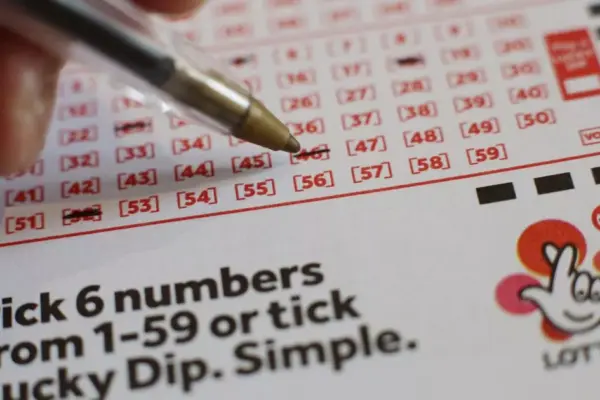
Introduction
The People’s Postcode Lottery (PPL) is a charitable lottery based in the UK, which has gained significant attention for its role in funding charities and community projects. Launched in 2005, it pledges to contribute a portion of ticket sales to promote good causes across the nation. Understanding how this lottery works and its implications can help participants see their role in community support and social impact.
How the People’s Postcode Lottery Works
The People’s Postcode Lottery operates on a straightforward premise: participants play by purchasing tickets that are linked to their postcode. Every month, a variety of cash prizes are drawn, with substantial winnings for individuals and additional funding granted to charities. Importantly, 33% of the ticket sales goes directly to charities, an amount that is relatively higher compared to traditional lotteries.
Recent Developments
In recent months, the People’s Postcode Lottery has seen an influx of participants due to major prize draws, including the recent £3 million jackpot. This surge in engagement directly benefits a variety of charities. This month alone, PPL has announced funding for over 200 organisations, including those focused on environmental causes, health and wellbeing, and community support.
Impact on Charities
Since its inception, the People’s Postcode Lottery has raised over £500 million for more than 9,000 charities, making it a significant source of funding for good causes in the UK. Local charities have greatly benefitted from the lottery’s funds, gaining the resources needed to amplify their social initiatives. This funding is especially critical during challenging times, such as the recent pandemic, where many smaller organisations faced severe financial constraints.
Looking Ahead
With growing awareness and participation, the People’s Postcode Lottery is projected to continue expanding, offering even more support for charities. As the climate for charitable giving evolves, new strategies may be implemented to enhance participation rates. Furthermore, ongoing campaigns and partnerships may arise, keeping the lottery relevant and effective in addressing contemporary societal issues.
Conclusion
The People’s Postcode Lottery exemplifies an innovative model of funding that not only offers financial rewards to its members but also significantly contributes to the welfare of society. For anyone considering participation, understanding the impact of the lottery on local charities reinforces its value beyond mere chance. As community needs grow, initiatives like PPL are more vital than ever, encouraging collective responsibility and engagement in making a positive difference.
You may also like


The Importance of Pubs in British Society and Their Resurgence
Latest Lottery Set for Life Results Announced
SEARCH
LAST NEWS
- Remembering Wendy Richard: The Promise to Co-Star Natalie Cassidy
- How Did Anglian Water Achieve an ‘Essentials’ Rating for Mental Health Accessibility?
- Shai Hope Leads West Indies in T20 World Cup Clash Against South Africa
- What We Know About Weston McKennie: Future at Juventus and Past at Leeds
- What We Know About the Upcoming Live Nation Antitrust Trial